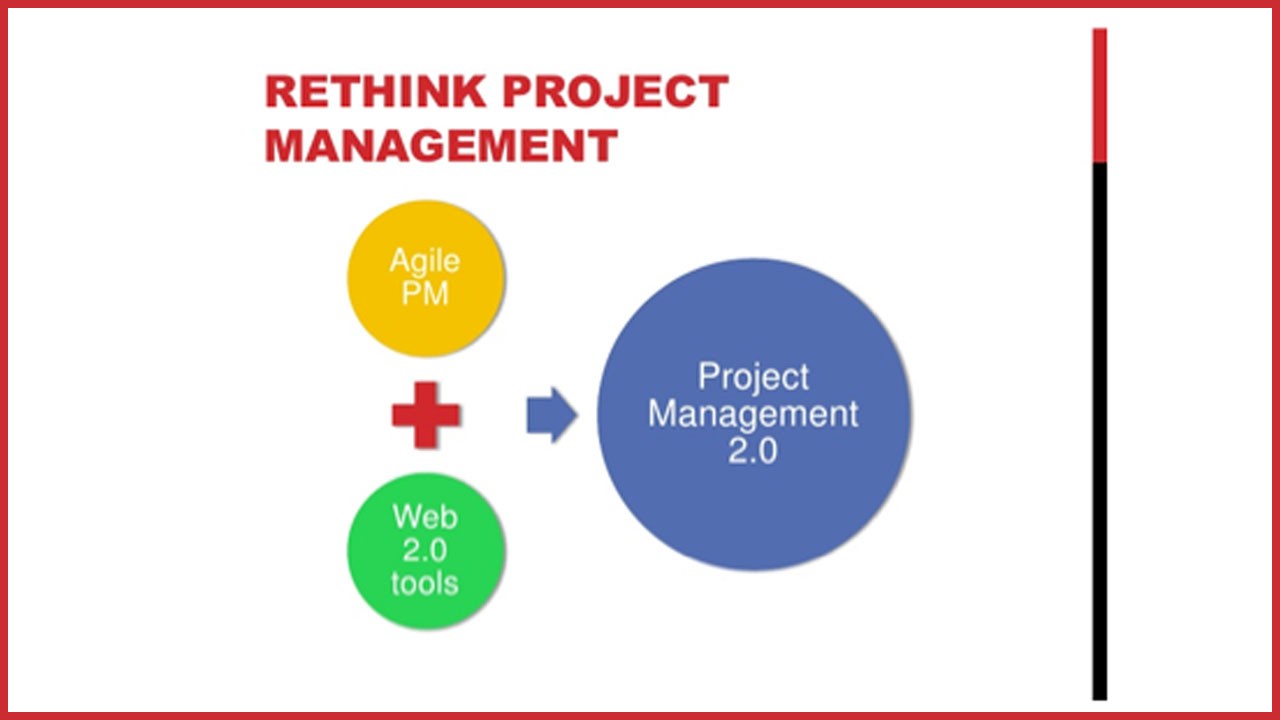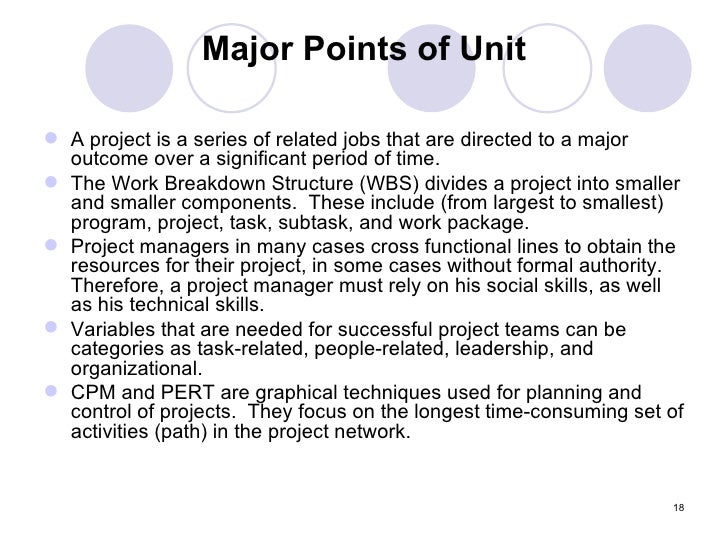
> Should consider every process if applicable for project > Leader of project irrespective of authority > Referent Power: Personally attracted – friend of CEO PM Responsibility > 90% of time on communication with stakeholders > Political and Cultural Awareness Interpersonal Influences > Legitimate Power: Official empowered


– Supportive: Positive assistance and encouragement – Facilitating: Coordinates inputs from several sources – Democratic: Guides but doesn’t interfere – Directing: Instructs people on tasks when/how > Senior Management (Must be consulted for changes to high level constraints) Interpersonal Skills > Communication > Adaptive: (Agile) High change rate each iteration very short 2-4 weeks Product Lifecycle Development, Production, Adoption & Growth, Maturity, Decline, End of LifeĮach phase within product lifecycle may include all project process groups PMI Approach Sexism, Racism or any discrimination never acceptedĪdhere to local customs including paying bribe if deemed necessary and acceptable Project Manager PM May Report To > Functional Manager > Iterative: (Incremental) Repeat the phases until exit criteria are met > Predictive: (Waterfall) Scope, Time, Cost determined early in project > Linking management principles with strategy and advance capabilities Management by Objective (MBO) Process of defining objectives within an organization so that management and employees agree to objectives and understand what they need to do in the organization in order to achieve them Project Lifecycle Initiating, Planning, Executing, Closing Organizational Project Management (OPM) > Strategy execution framework utilizing portfolios, programs and projects and organizational enabling practices (technology, culture etc.) > Outputs from knowledge areas Enterprise Environmental Factors May enhance or constrain project management processes and may have a positive or negative impact on outcome. > Resources Project Reports Formal and informal project reports which describe… PMBOK Framework/Standard but not a methodology PRINCE Projects IN Controlled Environments Competing Constraints Time, Cost, Scope, Quality, Risk, Resources Project Management Office (PMO) > Standardizes Governance Responsible for all activities, referred to as core, executive or leadership team.

(Rolling Wave Planning) Project Management Project Management The application of knowledge, skills, tools & techniques to project activities to meet the project requirements Project Management Team Subset of project team. > Support org strategic plan Progressive Elaboration Analysis and estimation can be more accurate and elaborated as project progresses. Fast trackingĭefined time period Program Group of coordinated projects towards a common goal Portfolio Group of programs/projects to achieve organizational strategic goals Why Projects? > Market Demand > Phase Gate Phase-to-Phase Relationship Sequential: Finish-to-Start Initiation Terms & Concepts Process A package of inputs, tools and outputs Phase A group of logically related activities which produce deliverables at the end of the phase. I recommend you to also write out any terms or concepts you might not be clear with or got wrong in a practice exam so you can revise and improve your knowledge in the area. This will help you use the process of elimination for questions that you don’t know an answer for.Īfter I did my initial studying and started taking exams I created the below study notes which I would revise before each exam and then add new concepts I might have mixed up during the practice exam. You will not be asked to derive definitions in the PMP© exam as its a multiple choice but being able to identify what a term or concept is used in relation to.

There are loads of terms and concepts to learn when it comes to project management and particularly for PMP.


 0 kommentar(er)
0 kommentar(er)
